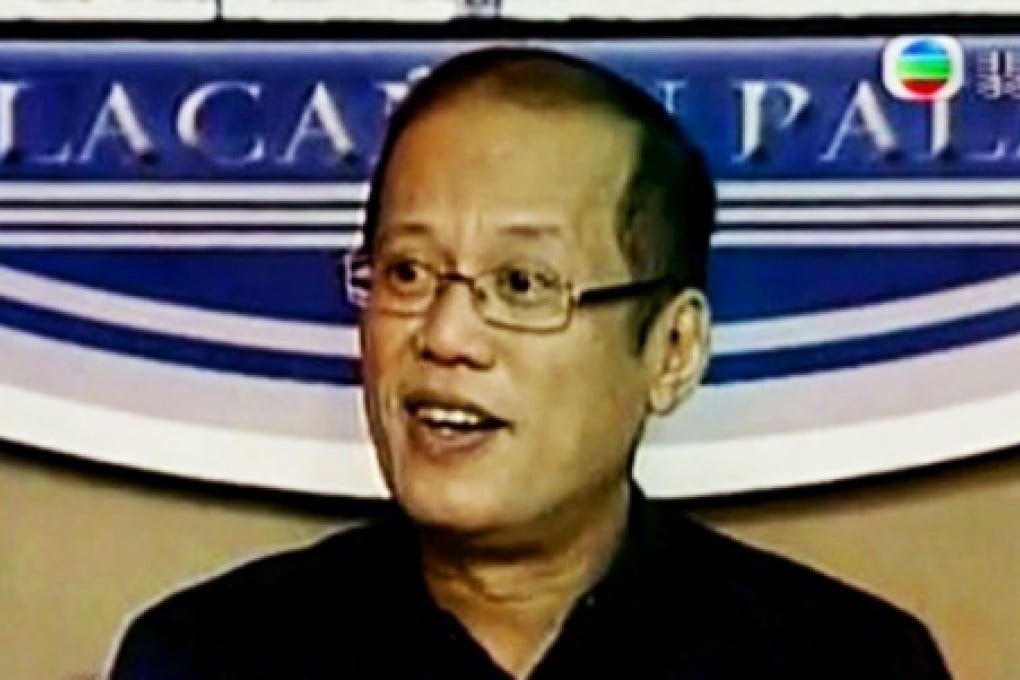Smiling Aquino ‘ridiculous’ and ‘lacking empathy’, Manila hostage crisis survivors say
Philippine President Benigno Aquino says smile after Manila hostage crisis was to control his feelings - but survivors say that's ridiculous

Philippine President Benigno Aquino’s reason for smiling after the 2010 Manila hostage crisis in which eight Hongkongers died was “ridiculous”, survivors said, accusing him of lacking empathy.
Aquino attracted furious criticism after disgruntled former Philippine policeman Rolando Mendoza hijacked a tourist bus, leading to a deadly shoot-out with police, when he appeared to smile at a press conference following the incident.
But the Philippine president told the South China Morning Post in an exclusive interview published today that “it was the absurdity” that made him smile briefly at the time.
“Some people will curse, will shout to high heavens… [the smile] is an effort to control [my emotions and actions],” he said.
But two survivors of the crisis agreed that “ridiculous” was the first word that came to mind when they heard Aquino’s reason for smiling.
One of them, Lee Ying-chuen, said Aquino’s attitude over the past five years, including his latest explanation, showed he “lacked empathy”.